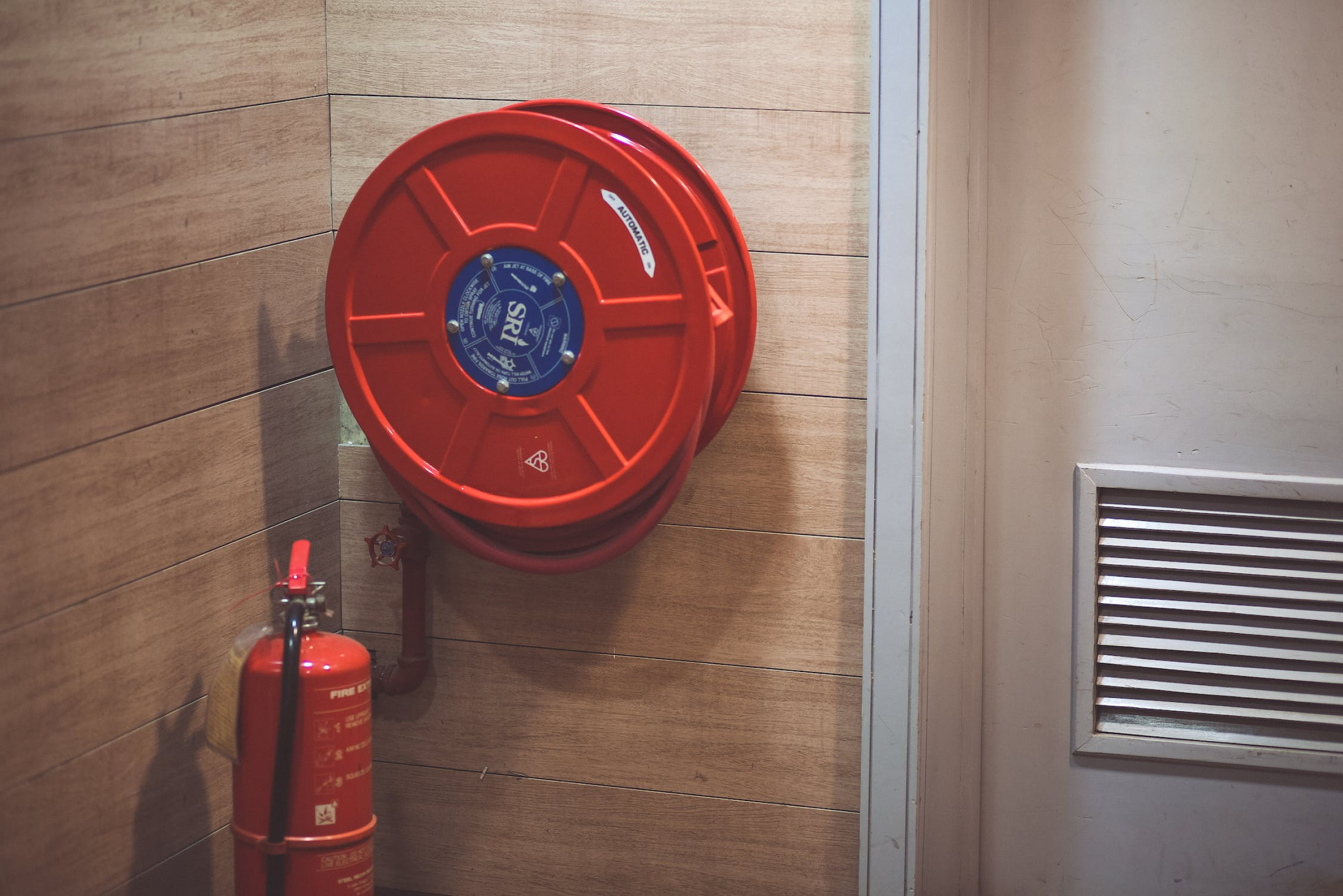It can be a very disappointing experience when you miss out on a property that you have your heart set on. Quite often this happens because the offer process is misunderstood. When making an offer to purchase a property, it is important to be aware of the following:
- The agent will submit all offers to the vendor.
- The property remains on the market while the vendor considers all offers. Just because your offer was submitted first, does not necessarily mean that it will be accepted.
- Your offer may include a date by which it will lapse if not accepted. An offer may be made subject to a finance clause, i.e. bank approval, sale of an existing property or another consideration such as a builder’s inspection.
- You can make your offer conditional on certain items (such as a dishwasher/air conditioner being included or excluded from the contract. Any special conditions such as these must be written into the contract).
- An offer is not legally binding on both parties until the buyer and seller have signed a contract. A contract must contain details of the property, the price, deposit and settlement terms. Once the offer is made in writing, it is then up to the vendor whether or not to accept it or whether to give other parties the opportunity to increase their original offers. The agent is not obliged to give you another opportunity to increase your offer. The vendor is under no obligation until they accept the buyer’s offer by counter-signing the contract.
Once you have decided to purchase a home it means you have agreed to pay the advertised price for the property or you have negotiated a price with the vendor. Your agent will guide you through this process. Before the home is legally yours there are a few steps that take place:
- Exchange of contracts: this is a formal legal process that creates a binding contract for the sale of real property on agreed terms. The vendor and purchaser each sign a copy of the sale contract and then exchange these documents, after which time the contract becomes legally binding on the parties. The parties are then bound to proceed to settlement, subject to any cooling off period that may apply. A deposit is usually also paid by the purchaser to the vendor during the exchange process. Any party that declines to proceed to settlement may forfeit deposit monies or be subject to a damages claim.
- Settlement: this is the final stage of the sale when the purchaser completes the payment of the contract price to the vendor and takes legal possession of the property.







